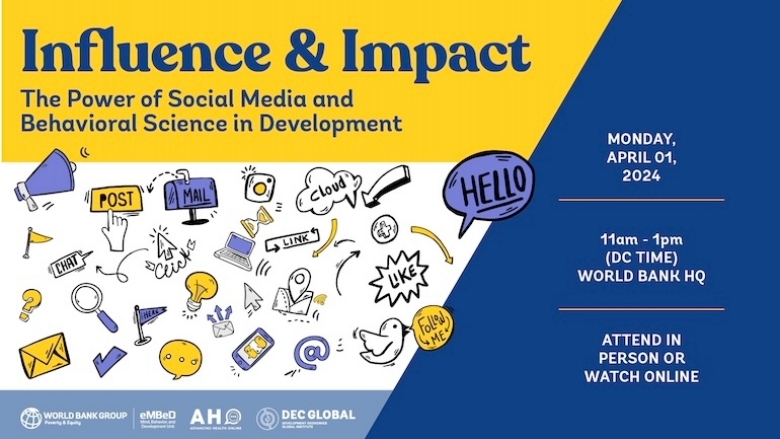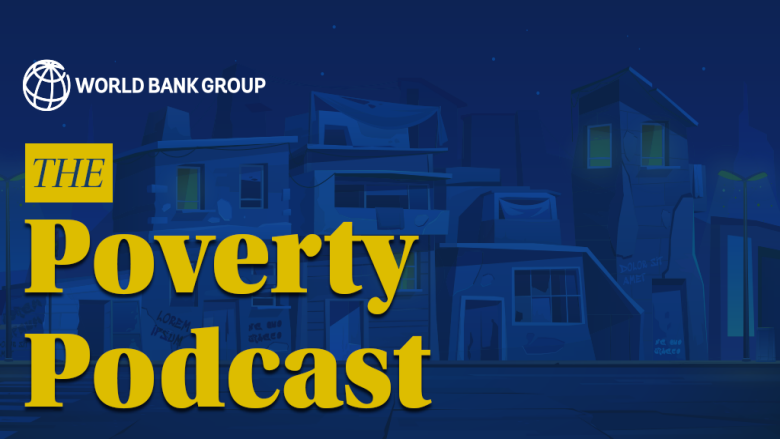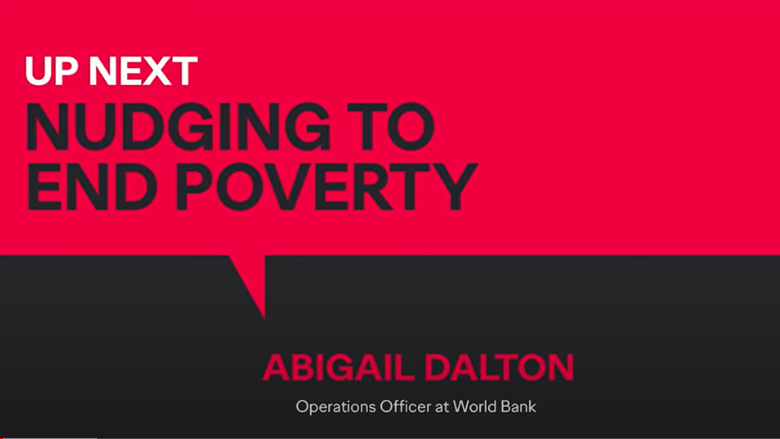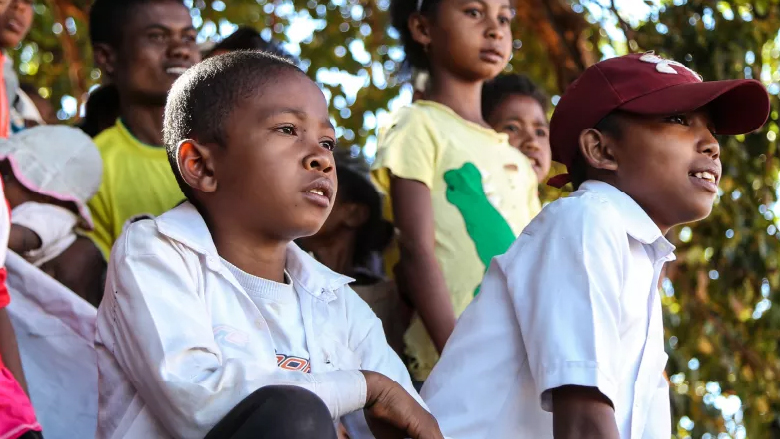Behaviorally informed policy pays special attention to the social, psychological, and economic factors that affect what people think and do.
Our approach addresses details in bureaucracies, technologies, and service delivery that are often overlooked in standard policy design—ultimately informing creative and often low-cost solutions that contribute to the global effort to eliminate poverty and increase equity.
As the World Bank’s behavioral sciences team, eMBeD works closely with project teams, governments, and other partners to diagnose, design, and evaluate behaviorally informed interventions. We help policy makers themselves avoid some of the decision-making traps and biases that affect all individuals and, with a worldwide network of scientists and practitioners, provide answers to important economic and social questions.
Download our brochure (in English, Spanish, French, Portuguese, or Arabic) or our Results Portfolio to learn more.











